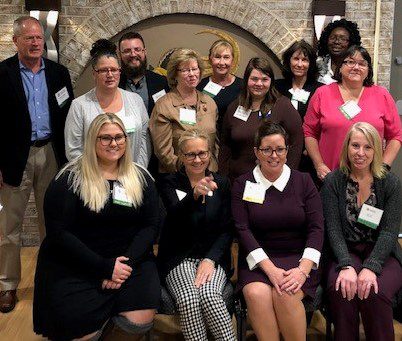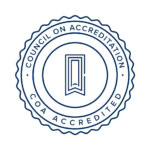Lowell Sun – Greater Lowell Health Alliance Assessment Points out Top Issues

This article originally appeared in the Lowell Sun on Oct. 25
By Nicole DeFeudis
LOWELL — Mental health, substance addiction, alcohol abuse, cancer and nutrition are the top public health priorities of community members, the latest Greater Lowell Community Health Needs Assessment revealed.
To address these areas of concern — and others brought forth in listening groups and a survey — the Greater Lowell Health Alliance issued 12 grants totaling $185,000 to local health, housing and education organizations at its annual breakfast Friday.
For the second time, the GLHA will also use the results of the assessment to form a Community Health Improvement Plan. It’s what GLHA Executive Director Kerrie D’Entremont called a “road map for our future.”
“This assessment isn’t just an assessment that goes onto a shelf,” D’Entremont said, but it leads to a catalyst for action, in the form of the improvement plan.
As a result of the first improvement plan, laid out in 2017, GLHA task forces held the first Merrimack Valley Substance Use Disorder Symposium and hosted the Greater Lowell PRIDE Parade and Festival.
To conduct the annual assessment, Lowell General Hospital, the GLHA and the University of Massachusetts Lowell consulted 1,355 community members about their perception of health needs. They hosted 20 listening groups open to the public, and sent out a digital and paper survey in five languages.
“We really really tried hard to get a diverse group,” D’Entremont said.
The research culminated in a 90-page report in which the community weighed in on health issues affecting the region. It highlights various determinants, such as how social environments and access to transportation may impact health.
“Mental health is definitely our number one issue,” D’Entremont said of the 2019 assessment.
Participants were also asked about health access barriers. The ones most frequently reported were, in order of prevalence, having a negative experience with a healthcare provider, not being able to afford medication, inconvenient medical office hours, not being able to afford mental health services, and not being able to find a provider accepting new patients.
The survey also found that the leading cause of death in Greater Lowell is heart disease, followed by lung cancer, opioid-related deaths, chronic lower respiratory disease and stroke.
This year’s grant winners include: The Center for Hope and Healing, $30,000; the Frederick Abisi Adult Education Center, $15,000; the Greater Lowell Community Foundation, $20,000; the Lowell Community Health Center, $25,000; the Lowell Health Department, $23,500; the Lowell Housing Authority, $1,500; Lowell Parks & Conservation, $20,000; the Megan’s House Foundation, $10,000; the Merrimack Valley Food Bank, $5,000; the NAN Project, $15,000; THRIVE Communities, $10,000; and Wayside Youth & Family Support Network, $10,000.
The Lowell Housing Authority will use the funds to expand a garden at North Common Village, according to grant writer and Compliance Specialist Eunice Zeigler. Through a partnership with Mill City Grows, residents will continue to grow produce on the plot.
“Our main goal is to encourage and support out residents on the road to self-sufficiency,” Zeigler said.
The Lowell Community Health Center will dedicate the grant to its Community Health Education Center, which trains front-line health workers in areas such as cultural communication and interpretation.
“They (health care workers) are learning the proper ways to go out and talk to people in the community,” said Alyson Downs, LCHC training and development coordinator for the education center.
The GLHA will begin drafting an improvement plan in January, D’Entremont said. Until then, the focus will be on continuing to analyze and disseminate the information.
“The fact that there’s a lot of data is what I hope readers take away,” said Greater Lowell CHNA Community Survey Data Coordinator Hannah Tello.
Tello, a UMass Lowell doctorate student, believes in the importance of open access to health data. She said it allows local people to advocate for themselves and their communities. “The next steps may even be more important,” she said about making the data accessible and digestible.

